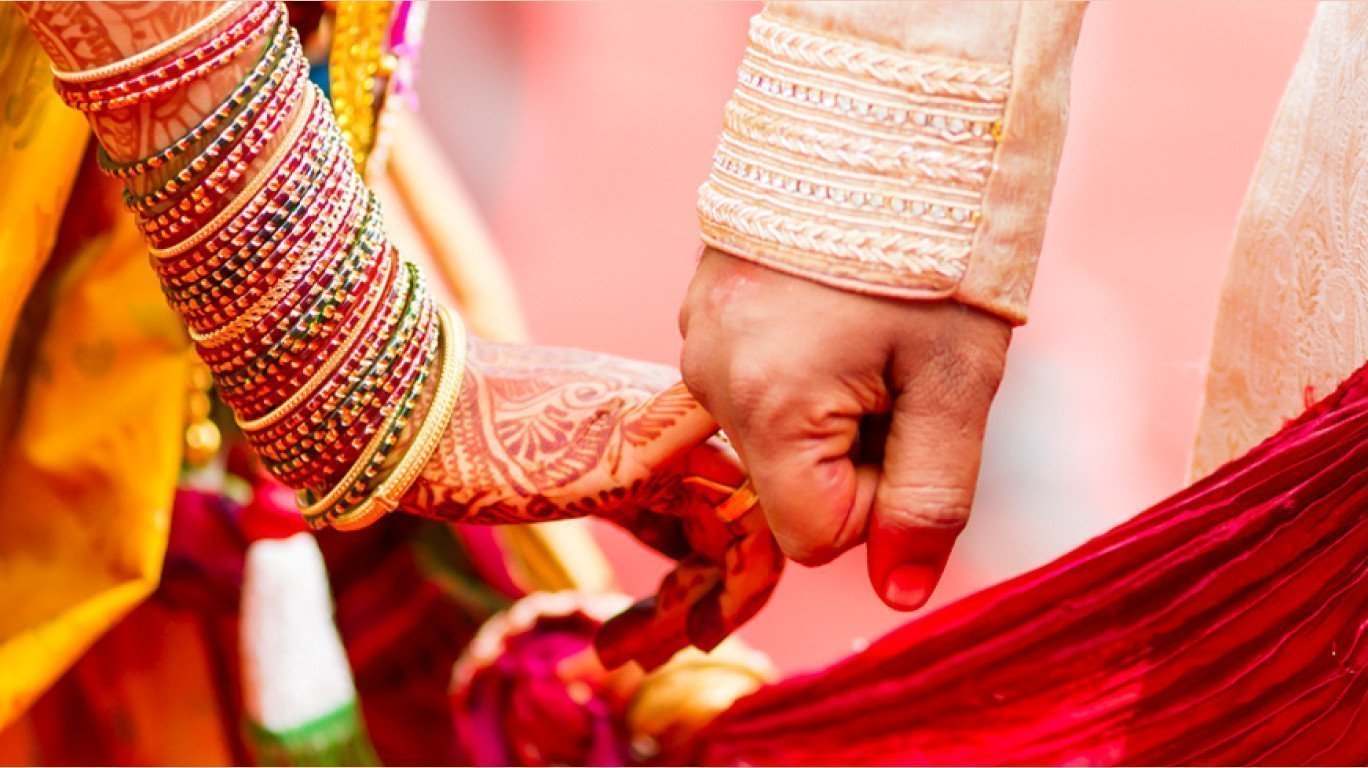In India, being married is seen as a sacred, religious ritual that gives both the man and the woman involved in the union distinct rights. There has been much discussion and controversy about whether marriage is a sacrament or a contract. The Hindu Marriage Act of 1955 expressly links wedding rites covered by Section 7 of the Act with marriage. According to Section 7(2) of the Act, the saptapadi rite, which requires the bride and groom to go around the sacred fire seven times together, is what actually seals the marriage. All Hindus, including Buddhists, Jainas, and Sikhs, are covered by the Hindu Marriage Act of 1955, but Muslims, Christians, Parsis, and Jews are not.

Is marriage registration mandatory in India?
India is a multicultural country because it is home to many different religions and ethnic groups. Each of them is subject to its own set of laws and restrictions. Additionally, when our predecessors were drafting the Indian Constitution, they had no intention of addressing the sensitive subject of marriage because it affected both the nation and its citizens. Let’s first be clear on what registration actually is before we get into the specifics of why registration is necessary and the obligatoriness that goes along with it. Even though it does not make the requirement for parties to a marriage mandatory, Section 8 of the Hindu Marriage Act, 1955, lays out the requirement of registration in a Hindu marriage.
According to Section 8(1), the State Governments will be given the authority to make rules that will ensure that the parties to a marriage have agreed to the terms set forth by the Hindu Marriage Register. In addition, the section states that the documents related to the marriage should be kept with the parties for future use.
According to Section 8(2), it is the duty of the State Governments to check that the parties to the marriage have complied with the rules set forth in Section 8(1). If there are any indications that the parties have not, the State may impose a fine of twenty-five rupees on the parties.
According to Section 8(3), the regulations discussed in Section 8(1) must be made available to the State Legislatures following their establishment.
According to Section 8(4), the Hindu Marriage Register is required to inspect the marriage in order to gather enough information about it to demonstrate that it is valid.
The legality of the Section will not be impacted in any manner if a Hindu marriage is not registered throughout the course, as stated in Section 8(5).
Conclusion: It is true that marriage registration in India is required, and if every Indian person adopted and adhered to this practice for the good of society, it would be achievable. Only those rights that are intended for the protection of citizens should be adopted. Well-known advocates around the country such as Advocate Neha Batra recommend people from all around the country to get their marriage registered not only because it’s compulsory but because it could prove as a safety net in case an issue occurs.










